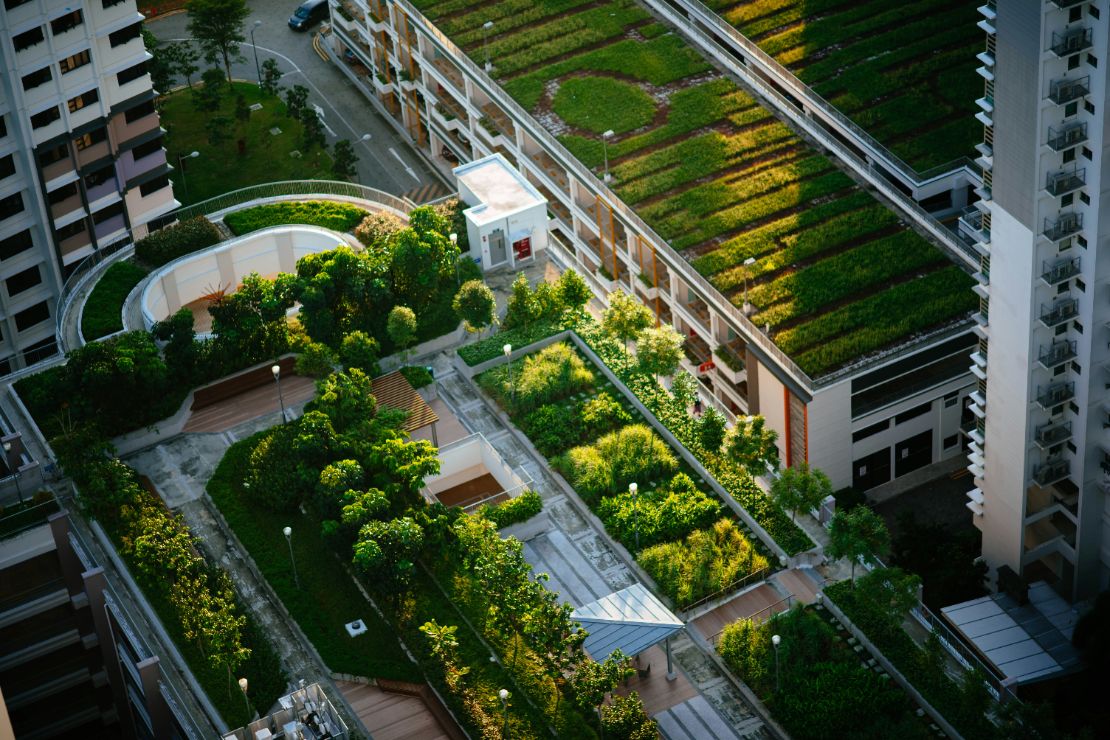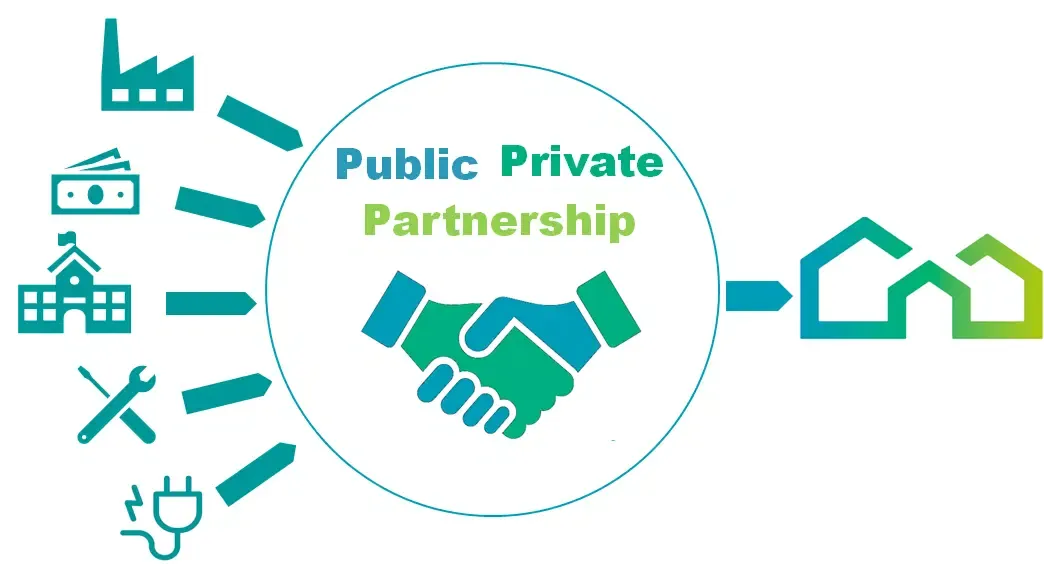
INSIGHT July 30, 2024
Forging Resilient Cities: Pathways to Urban Sustainability and Adaptability
In an age marked by rapid urbanization and escalating environmental challenges, the resilience of cities has never been more crucial. Urban areas, home to over half the world’s population, face an array of threats, from climate change-induced extreme weather events to socio-economic disparities.
Building resilient cities—those capable of anticipating, preparing for, responding to, and recovering from adverse situations—is essential not only for safeguarding the environment but also for ensuring the well-being and prosperity of their inhabitants. This comprehensive exploration delves into the importance of creating resilient cities, highlighting the pivotal role of integrated planning, community engagement, and innovation in fostering urban sustainability and resilience.
Understanding Urban Resilience
Urban resilience refers to the capacity of a city to absorb stress, maintain functionality, and thrive amidst various challenges. It encompasses a broad spectrum of elements, including physical infrastructure, social equity, economic vitality, and environmental sustainability. A resilient city is thus equipped to handle both short-term shocks and long-term stresses, ensuring that it can continue to grow and evolve without compromising the needs of future generations.
The Role of Integrated Planning
At the core of building urban resilience is integrated planning—a holistic approach that considers environmental, social, and economic factors. Integrated planning involves the coordination of urban development initiatives across various sectors and scales, ensuring that decisions made in one area do not adversely affect others. This approach facilitates the efficient use of resources, the reduction of vulnerabilities, and the maximization of opportunities for sustainable growth.
Fostering Community Engagement
Community engagement is vital for building urban resilience. Involving local communities in the planning and decision-making processes ensures that interventions are tailored to meet their specific needs and circumstances. Engaged communities are more likely to support resilience-building initiatives and contribute valuable local knowledge, enhancing the effectiveness and sustainability of solutions. Furthermore, community engagement strengthens social cohesion, an essential component of resilience that enables collective action in the face of challenges.
Driving Innovation for Sustainability and Resilience
Innovation is a key enabler of urban resilience, offering new solutions to complex problems. Technological advancements, from smart infrastructure to renewable energy systems, can improve the efficiency and adaptability of urban services. At the same time, innovative approaches to governance, finance, and community development can transform the ways in which cities operate and interact with their citizens and the environment. Embracing innovation allows cities to leapfrog traditional development hurdles and implement forward-thinking strategies that enhance resilience and sustainability.

Eco-innovation, Innovation, Innovation by Jo North
Pathways to Building Resilient Cities
Creating resilient cities requires concerted efforts across multiple dimensions. Here are several pathways through which urban areas can enhance their resilience:
Sustainable Urban Design
Designing with resilience in mind involves creating urban spaces that are adaptable, flexible, and capable of withstanding various stresses and shocks. Sustainable urban design incorporates green infrastructure, such as parks and green roofs, which not only mitigate the urban heat island effect but also provide flood protection and enhance biodiversity. Additionally, designing for pedestrian and cyclist-friendly cities reduces reliance on automobiles, decreases emissions, and promotes healthier lifestyles.
Climate Adaptation and Mitigation
Cities are on the front lines of climate change, necessitating robust adaptation and mitigation strategies. Integrating climate considerations into urban planning and infrastructure investment can protect cities from the impacts of extreme weather events, sea-level rise, and other climate-related challenges. Measures such as enhancing coastal defenses, upgrading drainage systems, and implementing heat action plans are critical for climate adaptation. Simultaneously, reducing greenhouse gas emissions through energy efficiency, renewable energy adoption, and sustainable transportation contributes to global climate mitigation efforts.
Strengthening Social Equity
Resilient cities are inclusive cities. Addressing social inequalities and ensuring equitable access to resources, services, and opportunities is fundamental to building resilience. Initiatives that focus on affordable housing, education, healthcare, and economic empowerment can mitigate the long-term stresses that undermine urban resilience, making cities more cohesive and better equipped to face challenges.
Leveraging Technology and Data
Smart city technologies, including IoT devices, big data analytics, and AI, can significantly enhance urban resilience. These technologies enable real-time monitoring and management of urban systems, improving response times to emergencies and facilitating efficient resource allocation. Moreover, data-driven insights can inform better urban planning and policy-making, ensuring that resilience measures are grounded in accurate and comprehensive information.

Public-Private Partnership (PPP) @Vanguard News
Public-Private Partnerships (PPPs)
Collaboration between public and private sectors can accelerate the development and implementation of resilience initiatives. PPPs can mobilize additional resources, expertise, and innovative solutions, making it possible to undertake large-scale projects that might otherwise be beyond the reach of public financing alone. These partnerships also encourage the sharing of risks and rewards, fostering a collective commitment to resilience.
The Future of Urban Resilience
As we move forward, the importance of resilience in urban development will only continue to grow. The challenges cities face are complex and interconnected, requiring responses that are innovative, inclusive, and forward-thinking. The future of urban resilience will likely be characterized by cities that not only withstand adversities but also thrive in the face of them, transforming challenges into opportunities for growth and development.
The pathway to resilient cities is multifaceted, involving the integration of technology, the engagement of communities, and the adoption of sustainable practices. It demands a shift in perspective, from viewing urban systems in isolation to understanding them as interconnected components of a larger ecosystem. This holistic view is essential for developing strategies that are not only effective in the short term but also sustainable in the long run.
How ECOBUILD Can Help?
At ECOBUILD, we are committed to advancing the cause of urban resilience. With our expertise in sustainable urban development, integrated planning, and green technologies, we offer a range of services designed to support cities on their journey toward resilience, transforming this vision into reality is within reach, as we work together to build the resilient cities of the future.
